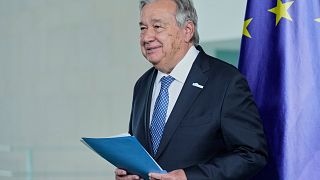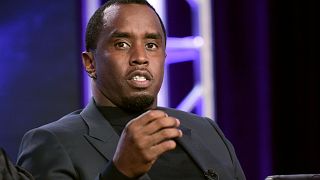USA
The United Nations says peacekeeping is having to adapt faster amid rising political tensions, disinformation, and confusion over mandates.
Speaking to ambassadors in the Security Council, its head of peace operations added that ceasefires are growing more fragile and conflicts increasingly unpredictable.
“Today’s operating environment is increasingly dynamic and often characterised by hybrid threats that blur the boundaries among domains,” said Jean-Pierre Lacroix, the UN’s Under-Secretary-General for Peace Operations.
“In this context, ceasefire monitoring can no longer be just about being present. It is about rapidly understanding and acting on what is happening on the ground.”
Lacroix said advances in technology help the “blue helmets” increase their impact by allowing them to monitor vast and complex landscapes in near-real time.
This, he said, overcomes the need to be physically on the ground.
He added that a political process backed by the unified support of Member States, particularly the Security Council, remains vital to secure and sustain peace.
Another challenge is the rise of misinformation and disinformation, which undermines the credibility of UN peacekeepers and fuels local distrust.
But he said that ultimately, the success of any ceasefire remains the sole responsibility of the parties to the agreement.











01:39
Sustainable development financing conference opens in Seville
01:35
UN and Haitian officials mark one year since Kenyan police arrived to support security efforts
Go to video
Families grapple with life in the wake of the Israel-Iran Conflict
01:42
Gaza residents welcome rare organized aid delivery after months of chaos and hunger
01:50
UN urges renewed political and climate action in Libya amid humanitarian and governance crises
00:58
Cash crunch stalls UN probe into possible war crimes in DR Congo